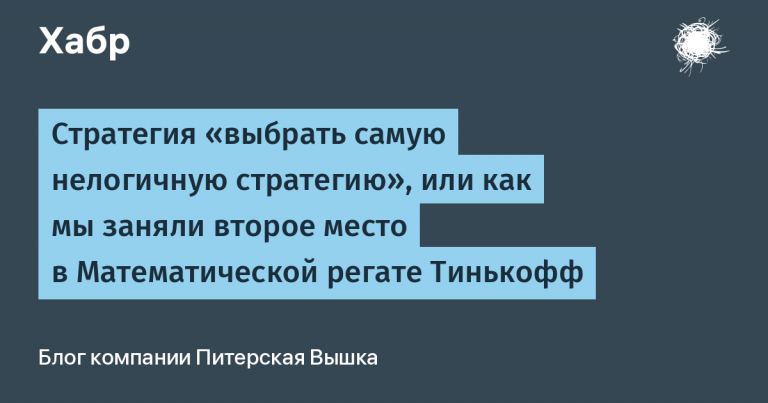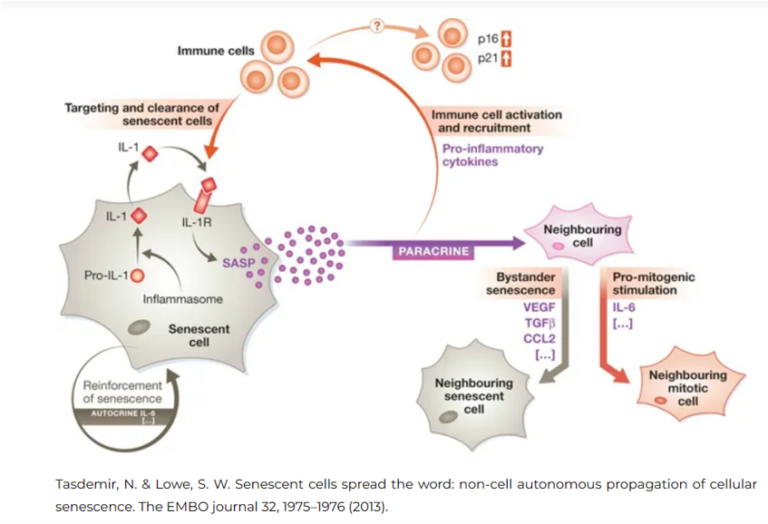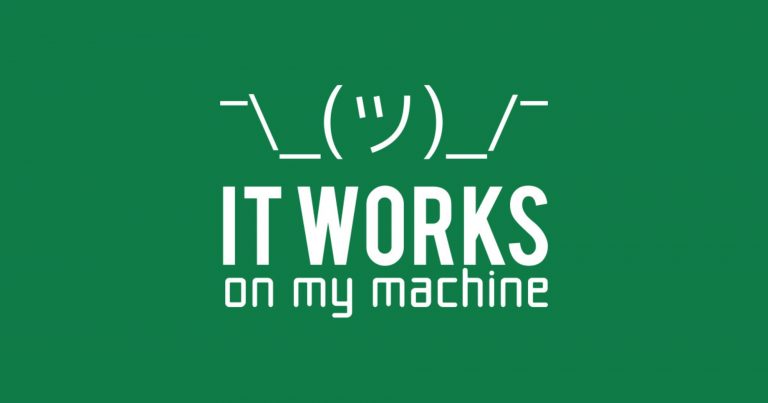How to overcome emotional burnout in gamedev?
I’ve been in game development for many years, and because I’m a workaholic who loves my job and can work 16+ hours a day, I’m very familiar with burnout. I remember dozens of burnouts of varying severity and duration. And in this article, I would like to talk about the path that I have gone through: from not understanding why I cannot concentrate at least on something, to complete control over my condition. About how I investigated the problem, what techniques I used, which helped and to what extent, and which did not. My goal is for those who face burnout to go through this path faster (or even know about the danger in advance). Realized the seriousness of the situation and took it under control.
So, let’s start with the fact that at first I did not understand at all what was happening to me. It’s not just difficult to work – not a single thought enters your head! At that time, I didn’t even know that there was such a term – emotional burnout, and therefore, I didn’t know what to do with all this, who to contact, what to google.
When such a state began to recur systematically once a month, I had to pay attention to it, gather my strength and sort out the issue, because working in such a rhythm of life is such a thing, and the absence of any results later leads to even greater immersion into the abyss of despair.
What are the symptoms of burnout:
• Constant feeling of tiredness
• Lack of motivation
• Moral and physical exhaustion
• Absent-mindedness
• Difficulty or inability to focus on anything
• Reduced productivity
• Irritability
• Memory problems
• Apathy
These are the ones I have personally encountered. Also distinguished:
• Physical weakness, reduced immunity;
• Anxiety, depression
• Eating disorders, craving for alcohol and drugs;
• Feeling of loneliness, feeling of lack of support.
If you do not listen to yourself, you can confuse it with ordinary fatigue. And if you take into account conservative acquaintances who add fuel to the fire with their “don’t play the fool, go on vacation, and it’s in the bag,” then you can generally forget about the possibility of detecting a problem. Actually, this is where I spotted the problem: I began to get tired too often, but there weren’t any particular prerequisites for this. I worked as always, my favorite work, I get high from it, but for some reason I get tired. Not order.
I don’t remember whether it was by accident or not, but the term Emotional Burnout fell into my hands (head). Quick Google very insistently said: “Buddy, you’re burnt out!” From that moment, I began to study the problem in order to get rid of it.
My first decision was to rest (yes, that one). Went on vacation, rested, everything is cool! Back on horseback, productive, with renewed vigor. But the burnout recurred a month or two later. That is, rest helps, but only when you have already burned out, and what to do so as not to even burn out?
Experiments were launched: to work less – did not help, to switch to other things – helped, but not very much. The burnout returned a little later. Walking is not. Games, serials, books – yes, but not for long either.
I started thinking logically:
Do I work a lot? – Yes. Do I like the job? – Yes! So it’s not the quantity of work, but the quality. Do I like everything about my work? – Of course not! What’s not to like? And here, it was quite difficult to understand that I do not like the long absence of visible progress. Let me remind you that I am a game developer, and sometimes mechanics are worked out for months, stress due to the constant feeling of incompleteness, and it also happens that all your work goes to the trash because the mechanics did not pass the playtests – they did not go to the players. Everything was in vain. And then the body itself, unconsciously begins to protest. The brain is cunning, if it does not receive a dose of dopamine (for example, from the awareness of the completion of work), then it can brand the task as useless and refuse to do it, or think about it. There is a hypothesis, you need to figure out how to test it.
If the brain requires completed cases, then they need to be given to it. This was the first truly effective way to deal with burnout: if you feel that burnout is about to begin, or even that burnout has already begun, then you switch to a case that has long been in the backlog. That thing that takes a little time, but it is constantly postponed “away”, because it is not particularly important now. So now it’s important! Drop everything and finally wash the curtains, remove the Christmas tree, change the light bulb in the stairwell at the door, nail the shelf to the wall – whatever. The brain “checks the box”, receives dopamine and a surge of energy and vigor from the completed business. It works and works well.
But still something is wrong. We got to the point where we get rid of the brewing burnout, but what can we do to prevent this aging from happening at all? What is the prevention? Doing things like this for show? You risk losing productivity, because, as I indicated above, things are not so priority, and it is assumed that they can be postponed indefinitely, and do them constantly only to prevent burnout – such a thing. There must be another way.
And there is no other way. There is a combination of actions that helps to stay afloat, but I cannot say that this is any way. The tongue does not turn. It’s more of a lifestyle adjustment.
Then came the experiments with video games to relax the brain. I’m still a developer, mental work and all that. I forced myself to play every day – it did not help. Efficiency dropped, but burnout still came back.
Started a channel on YouTube, where he began to teach game development. This is a completely different activity, although still mental. It has become better, now I do 16 hours a day, not the same type of work, but warming up in the other direction. Plus, speech develops, improvisation, and in general the brain works differently. In general, I started a channel so that my speech would not go out at all after many hours of daily silence at the PC, but that’s another story. This change in life began to stretch the periods from burnout to burnout, but still not.
I started going to the gym. The reason is also not burnout (the back falls off for 16 hours to sit), but it also affected the emotional state. It has a weaker effect than speech warm-up, but nevertheless it is a significant contribution to the common cause.
Weekend detox. It turned out by itself, but I noticed a positive effect on the emotional state. It so happened that on weekends I simply did not have time to answer work questions, did not have time to code and, in principle, work. It gave the effect of a little vacation. Now every Monday I feel fresh, although I want to rest further – a addictive thing. But effective.
With this schedule, gaming sessions have been reduced to 2-3 nights per week. Games relax the mind. You can use TV shows, movies, social networks. Do not get carried away – just to relax the thoughter. 2-3 evenings a week became for me the golden mean between the complete decomposition of the brain into atoms, and an astronomical mental load without a minute to rest.
And so, step by step, we have a complete picture of the lifestyle that led to the control of emotional burnout. He has been gone for many months, I feel great. Now I will collect all the points in a more abstract form, so that I get a recipe for wellness:
1. Love work, without this the recipe may not be effective (did not check)
2. Find a way to relax the brain – movies, TV shows, books (thin), games, social. networks. Don’t overdo it, find a middle ground
3. Find a way to load the brain in a different format than the standard work. Programming – join a quiz club, play board games, give a speech, blog, write articles
4. Do not forget about the physical condition. Physical activity makes the brain stop thinking, even for a short time – this is useful. Running, swimming, gym, whatever. It will give you a break, as well as relieve unnecessary stress and the consequences of a sedentary lifestyle.
5. Take a “mini vacation” every weekend. Walk with friends, relatives, communicate, get distracted from the main business. Go outside, go to a cafe.
6. And finally, the most important thing: put all the previous points together, calibrate the combination in time so that with the proper amount of rest, productivity does not get lost, but only grows. It may not turn out right away, but that’s why it’s a calibration, right?





